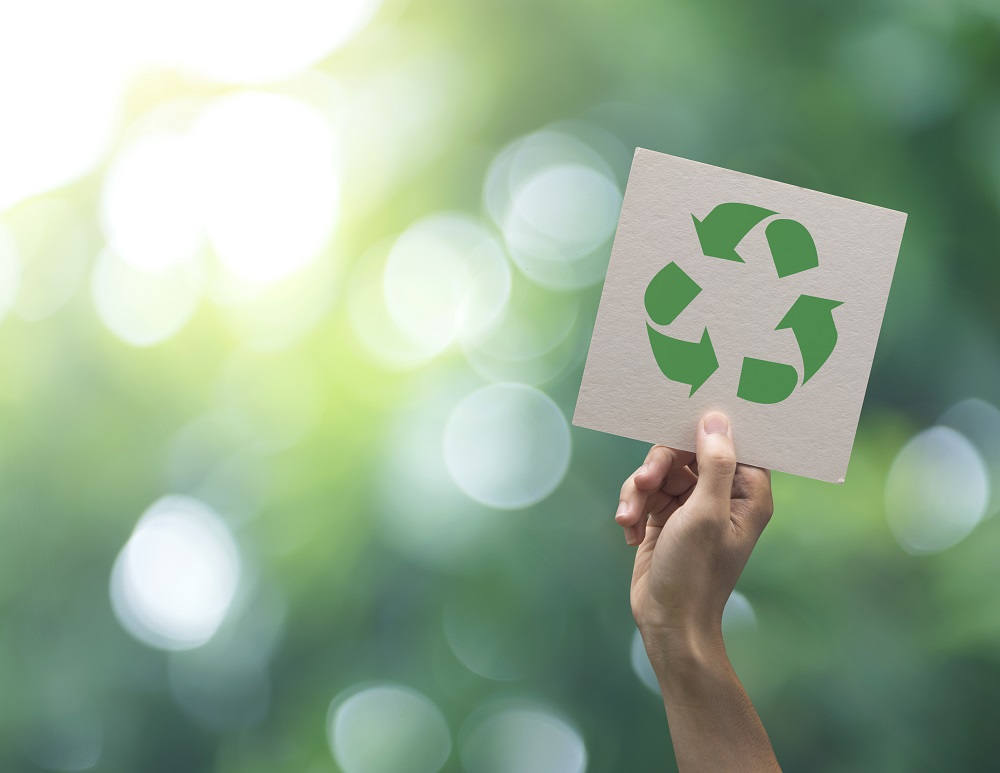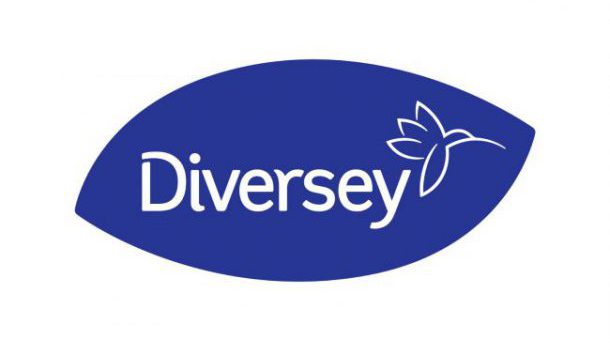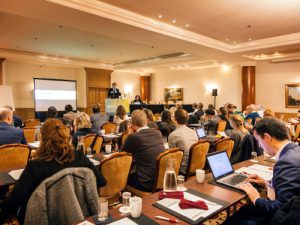
Griffith University, Ewaste Watch Institute, Clean Up Australia, and the Australian Repair Network are calling for essential reforms that will incentivise and support the repair of products, machines, and equipment following the 2023 Australian Repair Summit.
Boomerang Alliance and Total Environment Centre are also backing the summit’s proposals following the conference that was held last week.
The summit brought together industry experts, environmental and sustainability advocates, policymakers, and concerned citizens to address the urgent need for stronger policies around repair which will assist in the war on waste and enabling a circular economy.
ARC Future Fellow and Law Futures member at Griffith University, Professor Leanne Wiseman, said: “It is disappointing to see the Australian Government lose focus on the important role repair can play in reducing our waste as we transition to a circular economy.”
Professor Wiseman has recently returned from a research trip across Europe, where ‘right to repair’ policies and laws are being developed and implemented, highlighting the important role durability, repair and reuse contribute to strong environmental policy.
“Many countries and jurisdictions have already introduced laws encouraging, incentivising and enshrining the right to repair the things we own,” she said.
“With all of the hard work done by the Productivity Commission and the ACCC in 2021, Australia was in a strong position to be one of the leaders in the international Right to Repair movement.”
Ewaste Watch Institute co-founder and Adjunct Professor at the UTS Institute for Sustainable Futures, John Gertsakis said: “Australia is strongly placed to elevate the role of repair when it comes to national policies and programs, especially whilst many other countries are working to recognise product durability and repairability as the first responders in the war on waste and over-consumption.”
Pip Kiernan, chair of Clean Up Australia said as Australia grapples with its waste challenges, it’s vital that we remove barriers to repairing our products, machines and equipment.
“We must reduce our waste; we can’t just recycle it,” she said.
Director of the Boomerang Alliance and Total Environment Centre Jeff Angel said Australia needs to reduce its waste and plastic footprint and reuse and repair are essential to this task.
“Governments need to make it easier for people to do this,” he said.
“Yes, it will involve changes to consumer behaviour, marketing and business practices but the circular economy benefits are significant generating environmental and resource savings and new businesses and jobs.”
Cleanstar/XPOWER, a Melbourne-based business that distributes cleaning machinery, restoration equipment, parts and accessories, represented the cleaning and flood restoration industries at the summit.
“As an important issue in our industry, we highlighted the challenges that the industry faces regarding the lack of education and training of cleaning equipment and the importance of the accessibility of parts and the consumers right to repair equipment,” said Lisa Michalson, director of Cleanstar/XPOWER.
Cleanstar and its subsidiary XPOWER have made a point of carrying parts for lengthy periods for all the machinery they sell. They also maintain the same range of machines for as long as possible to ensure parts do not quickly become redundant as new models are introduced.
“We always encourage repairing a machine rather than disposing of it into landfill. We also have a nationwide service network that can assist with this. Some equipment and appliance importers don’t even carry parts for their imported product. We need to change our behaviours and avoid being the throwaway society that we are,” said Michalson.
In October 2022, Australia’s Environment and Water Minister, The Hon. Tanya Plibersek MP, alongside state and territory Environment Ministers, issued a joint commitment calling for Australia to recognise the scale and urgency of environmental challenges and “design out waste and pollution, keep materials in use and foster markets to achieve a circular economy by 2030.”
Repair Cafes, with more than 140 locations including Griffith University campuses, have gained popularity for their role in reducing waste and strengthening communities.
Gertsakis and Kiernan believe Australian consumers are ready for a repairability ‘star rating’ reflective of France’s Repairability Index.
“Informative product labelling at the time of purchase can empower consumers whilst also driving improved design for repairability outcomes by brands and manufacturers,” Gertsakis said.
The Productivity Commission presented a comprehensive report two years ago following extensive public input, emphasising the importance of giving independent repairers ‘greater access to repair supplies, fostering competition for repair services, without compromising safety or discouraging innovation.’
The Australian Government has yet to respond to any of the of the recommendations in the Productivity Commission’s report.
In July 2021, Australia passed its initial right to repair laws in the Australian automotive aftermarket, focused on a data-sharing scheme for independent mechanics but limited to one sector only.
“Keeping our products in use for longer is foremost in everyone’s minds,” Professor Wiseman said.
“Australians want and expect their new products to be more durable and able to be repaired anywhere without barriers, not just at manufacturers.”
Comment below to have your say on this story.
If you have a news story or tip-off, get in touch at info@incleanmag.com.au
Sign up to INCLEAN’s newsletter.




